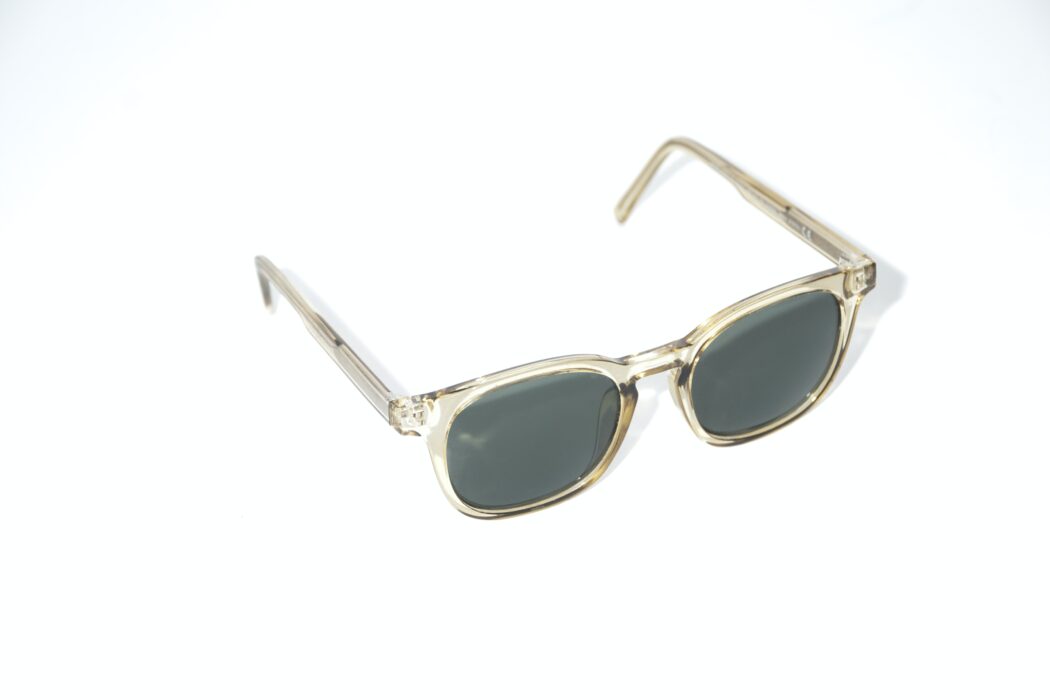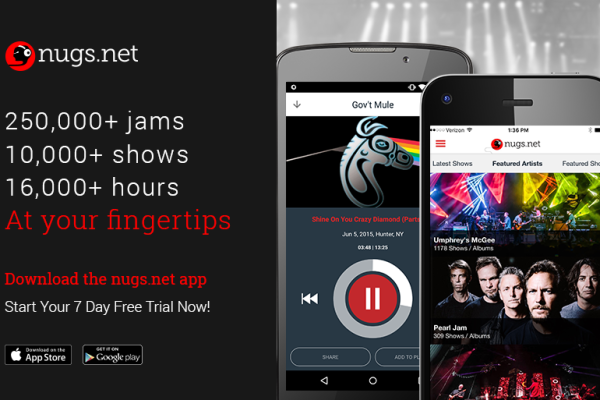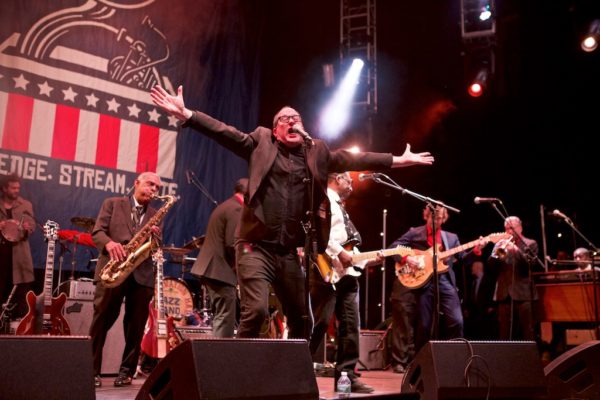Concerts have been a great way for fans to listen to their favorite musicians live. In fact, recent statistics show that attendance has increased by 20% in 2022 alone, with ticket sales jumping by a whopping 38%.
Arguably, technology has helped revitalize the concert industry. Over the past three years, concert streaming has become so accessible and successful that stars like Pink, Maroon 5, and Justin Beiber have all held virtual concerts. Moving forward, though, the rise of AR (augmented reality) and VR (virtual reality) technology is expected to bring the concert experience even further. Presently, AR and VR are currently a $28.5 billion industry, with tech giants like Google investing in bringing more developments to the public. By bringing new and real-life experiences to the digital space, AR and VR devices, specifically, will certainly shake up every industry – the concert scene included.
One such device in particular – smart glasses – is poised to be the key to allowing consumers to enjoy live music experiences from the comfort of their homes. Here’s why:
The rise of smart glasses
During their first conception in the early 2010s, smart glasses were received with apprehension from the public. The infamous Google Glass was said to be a device of the future that brought connectivity to a new level. It promised functions such as a built-in search engine, live navigation, and task management, but many of these were unreliable. Users found that their smartphones were more effective than using the glasses, so the hype for Google’s iteration of intelligent eyewear eventually died down.
Since then, however, new developments in the industry have allowed for the introduction of more effective and reliable smart glasses. Ray-Ban’s smart glasses have exemplified functionality and style since their release in 2021. Developed in collaboration with Meta (formerly known as Facebook), users are able to take calls, capture photos, and record videos without having to use their phones – they can even share content directly to many social media platforms. This ability to capture images makes them a perfect building block for using AR-ready tech in everyday life. A few modifications can also easily turn them into a device that supports total VR functionality.
Other brands, like Razer, have their own versions of this eyewear, too, so users can certainly pick from various options. For instance, the company’s Anzu model is made with gaming in mind, offering a low-latency Bluetooth feature on top of the typical functions. These glasses are optimized for AR and VR by bridging the real world to the digital world through their Bluetooth 5 and Wi-Fi 5 connectivity capabilities. Their ability to capture and record audio files with multiple built-in microphones and video with 1184 x 1184 resolution at 30 FPS can make a huge difference in bringing live music to viewers at home.
With this tech increasing, what can this mean for concerts?
New-age concert technology
The industry has increasingly utilized technology to make music more accessible and interactive. To illustrate, the iconic band Fall Out Boy, who just had a concert alongside Bring Me the Horizon in Fenway Park, partnered with Meta to create music packs for Beat Saber, a rhythm game enjoyed by music lovers all over the world. Many artists have also used gaming platforms such as Roblox to hold virtual live shows. They create a digital character to use while performing for crowds of fans on the app. The only drawback to these initiatives is that people don’t actually get to see their favorite artists perform. This is where smart glasses can come in.
With this eyewear, people from all over the world may soon be able to experience the thrill of being at a concert without having to deal with things like traveling long distances and being in crowds. A step above regular streaming, smart glasses have lenses that can act like screens, giving a first-person perspective of the show, while gyro functions will allow users to move around and see the performance from different angles – making them feel like they are really in the front row.
In fact, some music events have already started to make use of AR/VR tech, albeit without smart glasses. For instance, Billie Eilish hosted a show using an Oculus venue. Those with Oculus devices could immerse themselves in the digital arena and have a true remote concert experience. Similarly, Marshmello also held a VR stage on Roblox, allowing people to enjoy his music live and in an interactive space with avatars. While these experiences were successful in immersing viewers, the devices used lack sophistication and more everyday usability, which makes smart glasses a more worthwhile investment.
In comparison to simply digitizing or streaming a concert, smart glasses can bring the full physical experience to life. Audiences from all over the world can fully immerse themselves in shows and go through a complete musical experience from the comfort of their own home. And with the trend of AR and VR concerts already underway, it won’t come as a surprise if this will be the norm of the future.




